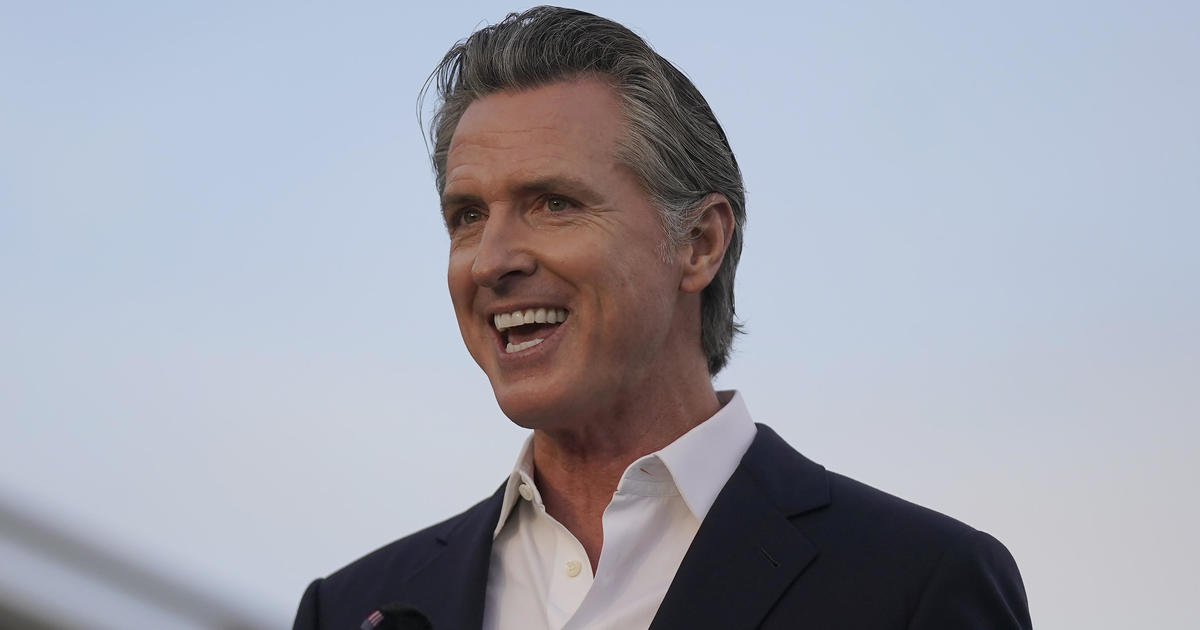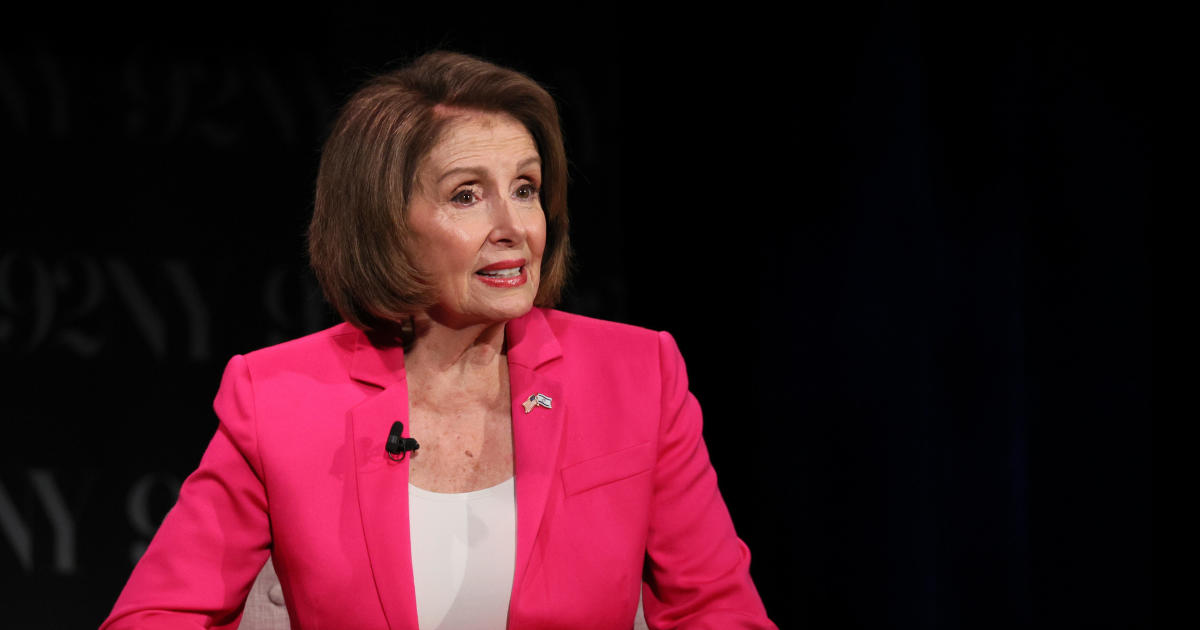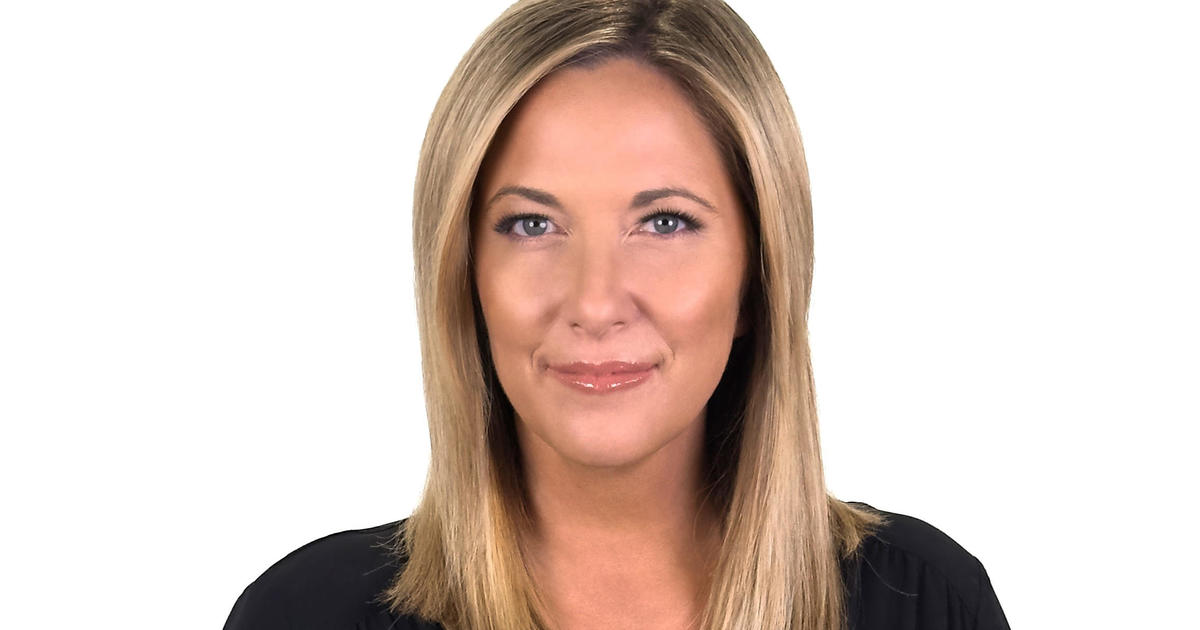Brown's Veto Could Spark 'War' Over California Budget
SACRAMENTO (CBS / AP) -- The warning from Gov. Jerry Brown was ominous: If lawmakers refuse to take the necessary steps to resolve California's budget crisis, the state would become a battleground — "a war of all against all."
The provocative political sound bite, uttered in a March interview with the Los Angeles Times, seems to be coming true in the wake of Brown's veto Thursday of a spending plan from majority Democrats — the first time a California governor has done so since at least 1901, the farthest back state records go.
The veto will let Brown keep trying to sell reluctant Republicans on his main proposal for closing the state's $9.6 billion deficit by extending a series of tax increases set to expire June 30.
The GOP will bear full blame if Brown is forced to resort to deeper cuts to education and vital services to make up for lost tax revenue, the governor cautioned Thursday.
But six months of previous negotiations with Republicans have failed to produce the four GOP votes needed to put the tax question on a special ballot. And Democrats say Brown's alternative scenario — an all-cuts budget — is a nonstarter for his own party.
With lawmakers united only in their anger at Brown, the coming days and weeks won't be pretty, experts predict.
"What we'll see now is trench warfare. It may not be a matter of sweeping strategies and sudden grand solutions, but fights over inches of ground," said Jack Pitney, a political science professor at Claremont McKenna College.
Pitney speculated the veto by the 73-year-old governor — a seasoned politician who first led the state from 1975 to 1983 and later served two terms as mayor of Oakland — was calculated to throw lawmakers off balance.
"Maybe his overall strategy is keep them waiting, keep them guessing," Pitney said. "That may give him some leverage over the Legislature, though how he uses that leverage is another matter."
Brown alluded to such a strategy Thursday, saying his veto of the Democratic budget was the most productive way to proceed.
"I think it will shake up the system in a way that will give a better result, however difficult the next few days may turn out to be," he said at a news conference in Los Angeles.
The governor said he intends to keep pursuing tax extensions, though he offered no specific insight into how he plans to turn things around with Republicans.
Brown wants to ask voters to extend for up to five years sales, vehicle and personal income tax hikes enacted in 2009. In the meantime, he wants the Legislature to approve a funding bridge extending the tax increases until the special election.
The Democrats have majorities in both the Assembly and the Senate, but need at least two GOP votes in each house to pass tax increases or place measures on a ballot.
Democratic lawmakers said they felt blindsided by Brown's swift rejection of their budget plan, and many expressed frustration that the governor may be engaged in a quixotic endeavor.
In one of a series of angry Twitter posts Thursday, Sen. Ted Lieu, D-Torrance, said the governor has a duty to put out a plan that "doesn't rely on (the) fantasy of 4 Republicans voting for tax increases."
"We've asked him repeatedly, 'governor, what is your Plan B?' There has never been a response. So I don't understand what he's doing here," said Sen. Mark Leno, a San Francisco Democrat and chairman of the Senate Budget Committee.
Republicans, meanwhile, appear no closer to jumping on board behind the tax extensions, which they call unnecessary. Instead, they are seeking reforms to public employee pensions, a spending cap and regulatory changes to help California businesses.
"The governor's insistence on pressing his own budget plan, without meaningful concessions on reasonable pension reform and spending cap ideas of others, represents budgeting by fiat," said Assemblyman Jim Nielsen, R-Gerber.
Democrats have supported the tax extensions as a way to avoid further spending cuts but are increasingly wary of the prospect of a special election without the funding bridge. Members of both parties — and the unions Brown is counting on to help fund an election campaign — agree that it would be much harder to get voters to approve a seemingly "new" tax than to extend an existing one.
A Field Poll released Wednesday showed a significant drop in support among registered voters for a renewal of the taxes, from 61 percent who supported it in March to 52 percent this month.
Pitney said despite the current foul mood at the Capitol, lawmakers will have to stop licking their wounds and move forward if they want to avoid a repeat of last year's 100-day budget impasse — the longest in state history.
"People are angry, but they still have a problem to fix which means eventually they are going to have to work together," he said.
(Copyright 2011 by CBS San Francisco. All Rights Reserved. This material may not be published, broadcast, rewritten, or redistributed. Wire services may have contributed to this report.)



